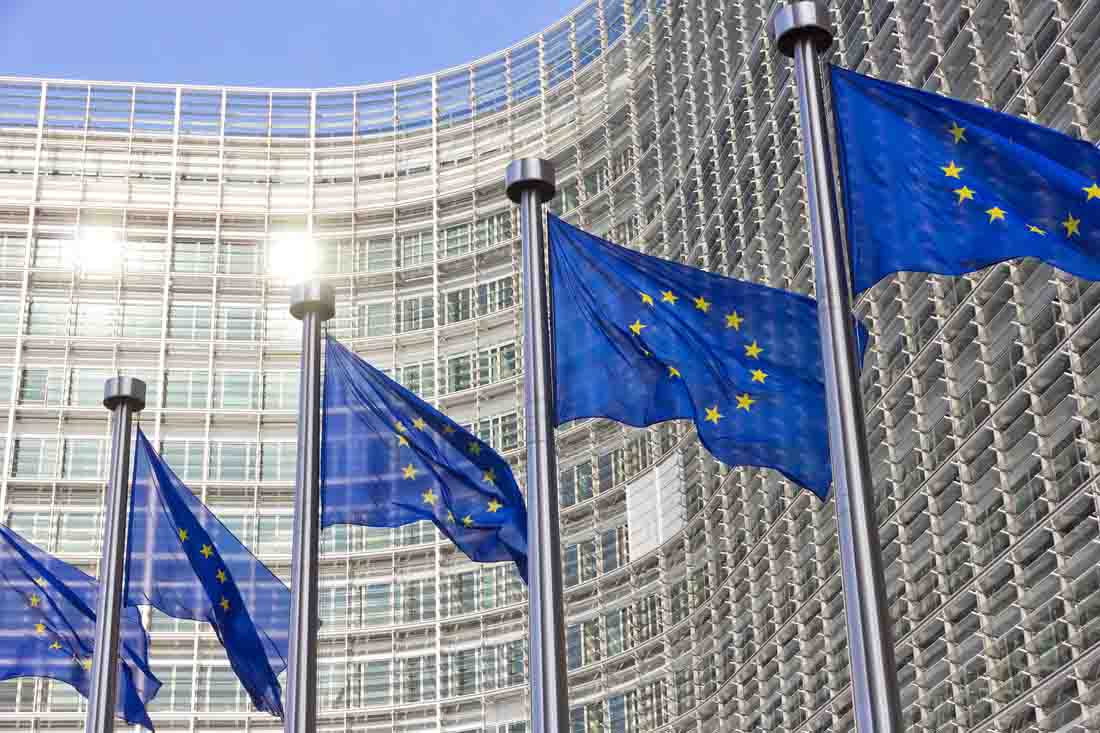01
March 2016
Eurozone Falls into Deflation
More pressure was put onto the ECB (European Central Bank) last month as a sharp fall in consumer prices dropped down to -0.2% in February.
This makes a very sharp contrast to the 0.3% increase that was revised to that level in January.
According to Eurostat, this is the first time that inflation has fallen since September last year, when it went down by 0.1%.
Part of the reason for this drop is thought to be the drop in energy prices, which fell by 8% in February compared to only 5.4% in January.
The new figures will have deflated any hopes that existed about the effectiveness of the ECB’s efforts to boost prices. This now also raises the chance of the European Central Bank devising plans for more stimulus next month.
The bank has already revealed that it will cut its bank deposit rate, which are still currently in negative territory. However Mario Draghi, the head of the European Central Bank, has remained adamant that their measures are working.
The economics correspondent for the BBC, Andrew Walker, believes that new fiscal stimulus is now unavoidable.
“It's not the first time the eurozone inflation had slid below zero, and once again the price falls are driven by lower energy costs. But the weakness is widespread.
The breakdown from the EU's statistical agency (not a very detailed one) shows every category having lower inflation than in the previous month. The highest, for services, is just 1%, which is well short of the European Central Bank's target of below but close to 2%.
The ECB has already decided to review its policy next week. The deflation news adds to the chances that the review will lead to more action to get inflation back up (yes, up) towards the target.
That means some combination of more quantitative easing - buying financial assets with newly created money - or taking some of the ECB's interest rates even further below zero.”
Holger Sandte, an economist at Nordea, said:
"Deflation would be a disaster for the euro area as the burden of high debt would increase. Therefore, the ECB will continue easing monetary policy significantly.
"But no matter what the ECB decides to do on 10 March, inflation is likely to hover around zero during the next few months before it picks up - if oil prices behave well."
The European Commission recently carried out research, which showed that economic sentiment had deteriorated by more than expected in February.
The G20 central bankers and finance ministers have already agreed, as of Saturday, to use “all policy tools, monetary, fiscal and structural- individually and collectively” to renew growth.
This news comes as the Governor of the Bank of England, Mark Carney, revealed that he would never decide to move the interest rates below 0%.
He said: “If we were in a position where the economy needed additional stimulus ... we could cut interest rates towards zero. We could engage in additional asset purchases, including a variety of assets.
“We could also provide a perspective where we could adjust our policy horizon – in other words we could shorten our policy horizon over which we wanted to return inflation to target.”
“We take very seriously the potentially counter-productive impact on the building society sector and the financial sector more broadly.”





